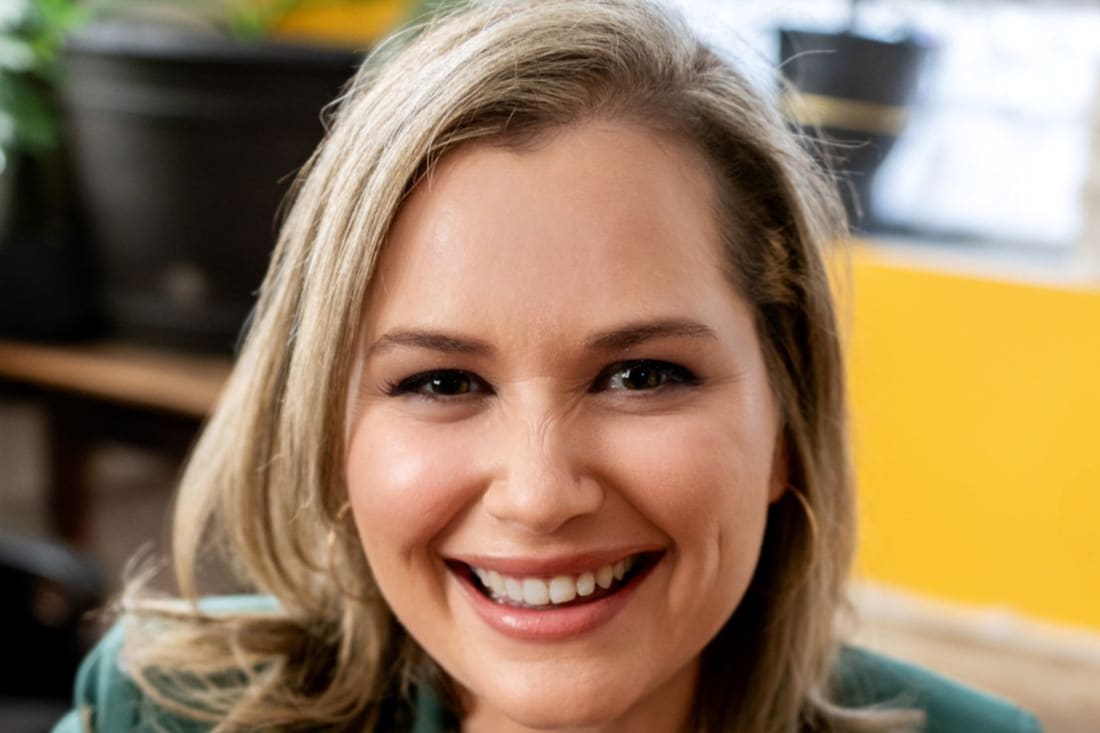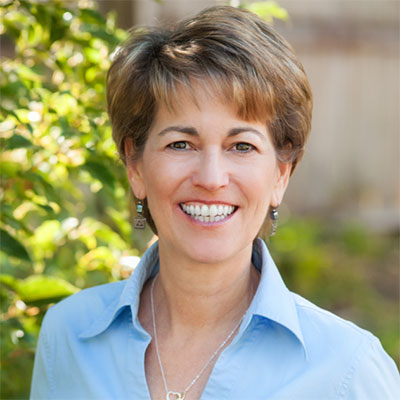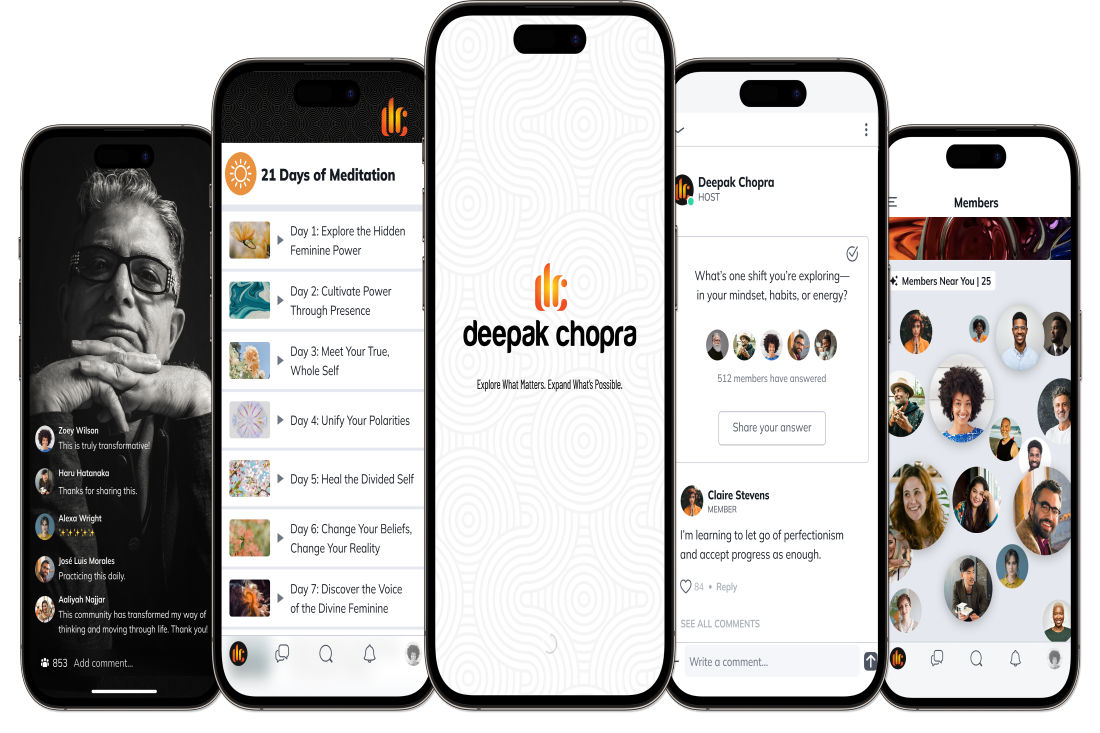The classroom falls silent as Selena Gomez leans in, creating an intimate moment with a high school student. It’s not a typical celebrity appearance but a carefully designed event that transforms a simple space into a powerful platform for mental health awareness. This is the magic of Hallie Seltzer’s event production—where every detail is intentional, every moment purposeful.
When Google.org committed $10 million to expanding mental health resources for young people, they didn’t just want an announcement. They wanted an experience that would truly connect. Working with Seltzer’s Pinpoint Productions, they created an event beyond the typical press conference. Students created vision boards, engaged in meaningful conversations and watched as their experiences were validated by a global pop star and California’s leadership.
“It just was one of those events where you could see the lights turning on in the eyes of the kids, the teachers and the room,” Seltzer recalls.
Where most event producers see a room, Seltzer sees potential for transformation. This fundamental difference has been the driving force behind Pinpoint, the groundbreaking event design company rewriting the rules of corporate and nonprofit gatherings.
Closing the industry gap
A decade into her career, Seltzer was fed up with the event industry’s cookie-cutter approach. While other agencies focused on creative execution and technical precision, she craved something deeper—events that were truly meaningful.
“Events are more than just logistics and aesthetics,” Seltzer says. “They’re about making meaning.” Her frustration fueled her motivation. At 29, with nearly 10 years of experience producing massive activations for brands like Bank of America and Samsung, she saw a critical gap. Most agencies were simply executing tasks. She wanted to create experiences that could shift perspectives and inspire action.
Pinpoint Productions launched not from a meticulously crafted business plan but from an unexpected opportunity. A client who wanted to work with Seltzer asked if she had a company—and in that moment, she decided she did.
Beyond generic events
Her approach was revolutionary in an industry often focused on spectacle. Seltzer wanted every event to have a purpose, to be designed specifically for the community it served. Whether launching a product or hosting a conference, her team would ask: “Who’s in the room? What context matters? What deeper connection can we create?”
This wasn’t just event planning—it was storytelling through shared experiences. Her approach reached new heights with another Google.org project supporting economic opportunity. Instead of a generic volunteer experience, Pinpoint Productions designed nine region-specific events with Feeding America. In Mesa, Arizona, the community needs looked completely different from those in Pittsburgh, Pennsylvania. By diving deep into local contexts, Pinpoint created volunteer experiences that matter—updating refrigeration, supporting food infrastructure and connecting “Googlers” directly with community needs.
Beyond generic events, these are orchestrated moments of meaningful connection. Whether working with tech giants or nonprofit organizations, Seltzer’s team proves that strategic event design can transform how brands interact with communities.
A leadership journey of vulnerability
Launching Pinpoint with a “fake-it-’til-you-make-it” attitude, 30-year-old Seltzer recalls her early years as a crash course in leadership—and survival. “I was trying to constantly manage up and figure things out as I went,” she says candidly. With early days characterized by relentless work and a reluctance to delegate or automate, Seltzer admits to micromanaging everything, believing that “working her tail off ” was the definition of strength. She felt impostor syndrome kick in, which led to burnout and a few teary moments.
Then the pandemic tested her leadership in ways she never anticipated. When live events disappeared overnight, Seltzer made an extraordinary decision. “I stopped taking a salary for about a year and a half just to keep my team on,” she recalls. Her team shrank from 20 to just three people, but her commitment never wavered.
The most profound lesson came through vulnerability. “The team is kind of everything,” she realized. “Companies are only as strong as their team.” Learning to trust her employees, give them space to contribute and lead with empowerment became her greatest transformation.
“You can give clear direction while allowing space for creativity and collaboration,” Seltzer says. Her revolutionary approach extended beyond event design to fundamental business philosophy. As a woman-owned business, Seltzer saw diversity not as a checkbox but as a core strategic advantage.
“I truly believe that diversity in every sense of the word is just smart business,” she emphasizes. “We’re building events for everyone. That means having people with different backgrounds, identities and life experiences contributing to planning and executing events to make them truly authentic.” This commitment means intentionally building a team (now back to about 20 employees) that reflects the communities her events serve. Whether working with tech giants like Google or community organizations like Feeding America, Seltzer understands that meaningful experiences emerge from diverse perspectives.
The future of connection
In a world drowning in digital noise, Seltzer sees live events as a lifeline of human connection. “People don’t just want information,” she argues. “They want to feel something. And when they do, they remember it.”
The future of events, according to Seltzer, isn’t about grand spectacles but intentional experiences. “We’ve been seeing that bigger companies are leaning more into smaller-impact events,” she explains. Her vision goes beyond intimate gatherings—it embraces technological innovation.
Artificial intelligence, she believes, will be transformative. “AI is going to help us with efficiency, budget management and generating ideas,” Seltzer notes. But technology won’t replace human creativity—it will enhance it. “Incorporating new technology in a smart way and not being scared of it is what’s going to keep us ahead.”
Her prediction is clear: Events will become more strategic, more meaningful and more technologically integrated. But the core remains unchanged—creating moments that genuinely connect people. Seltzer points out, “Live events break the noise because human connections really are more important than anything.”
Leadership wisdom
For Seltzer, leadership boils down to one essential truth: “Authenticity is everything.” Her most powerful advice cuts to the heart of genuine leadership: “The best leaders set high expectations without making people feel small.”
In a world of constant noise and pressure, she believes true leadership involves navigating challenges “with a sense of calm and care and perspective.” Her final wisdom resonates with simplicity: “You can be thoughtful and constructive without losing kindness.”
This can serve as the blueprint for creating not just successful events but meaningful human experiences.
This article originally appeared in the September/October 2025 issue of SUCCESS© magazine. Photo courtesy of Pinpoint Productions.








